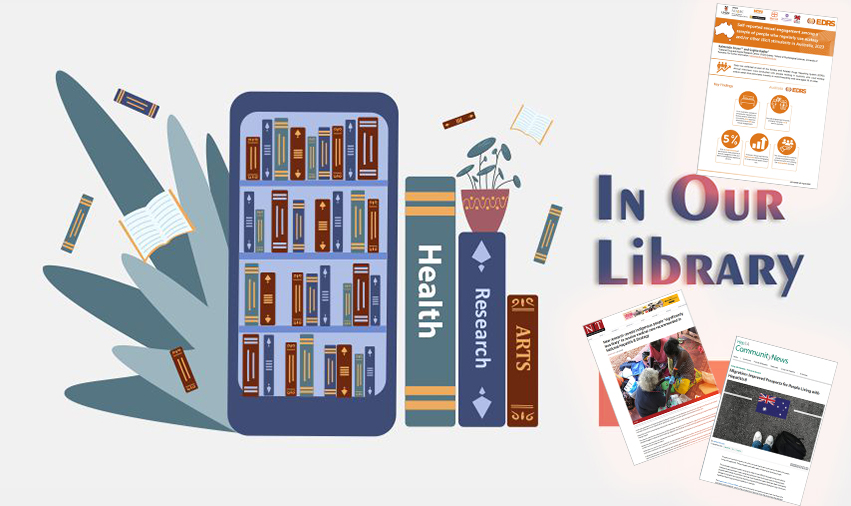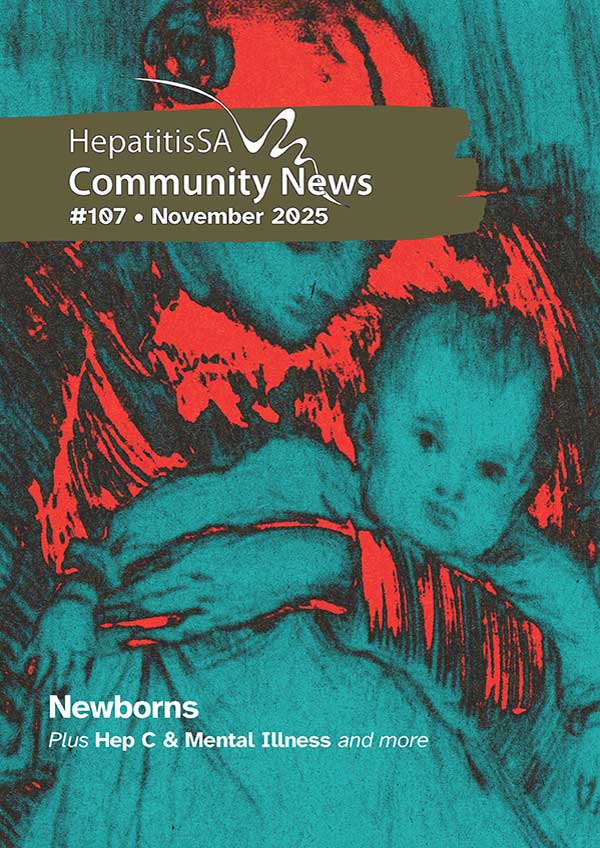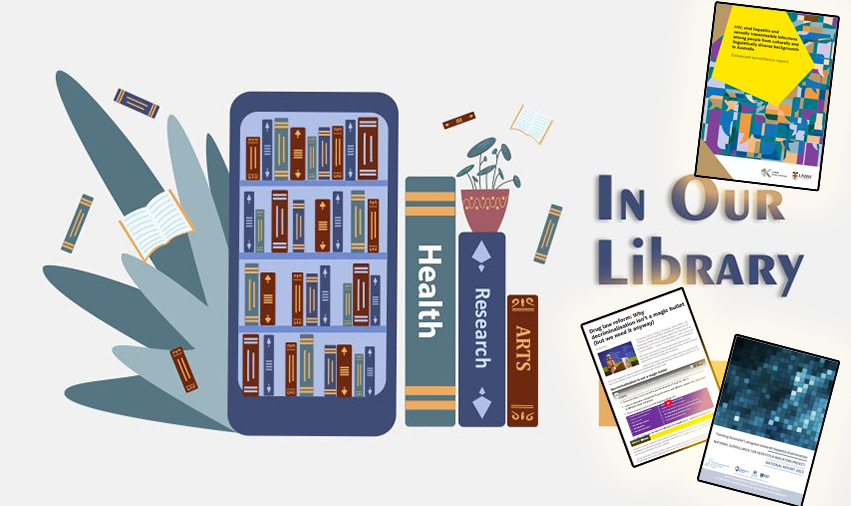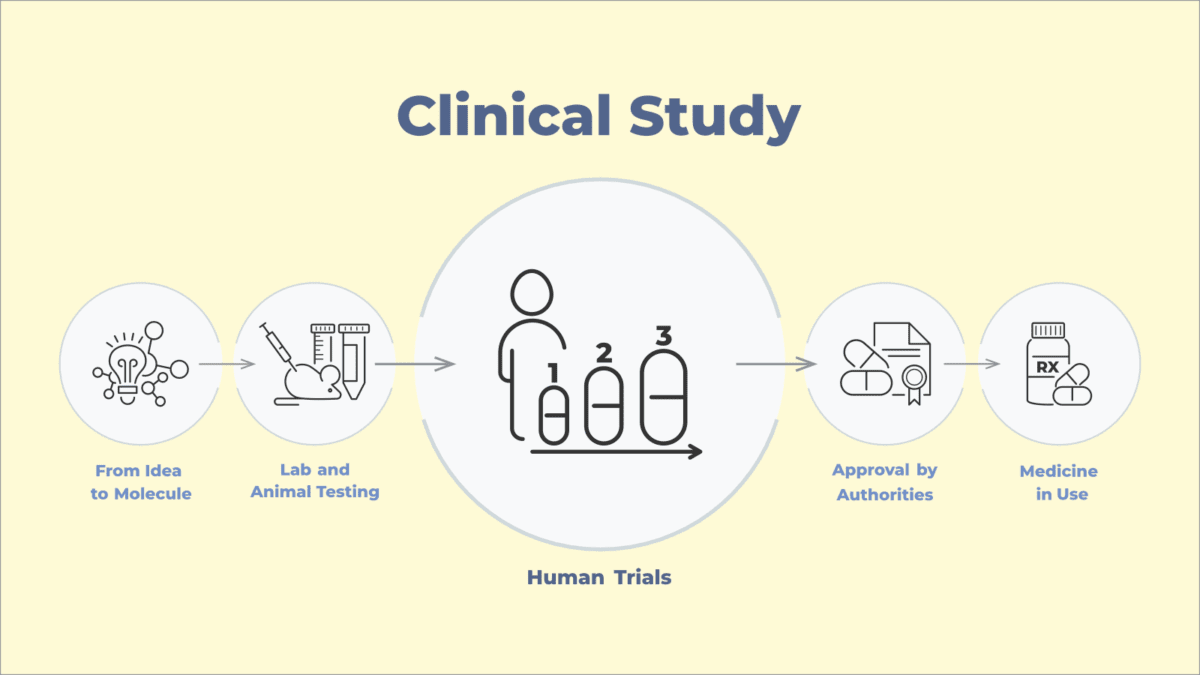Contact us at if you would like assistance in accessing these, or any other, resources.
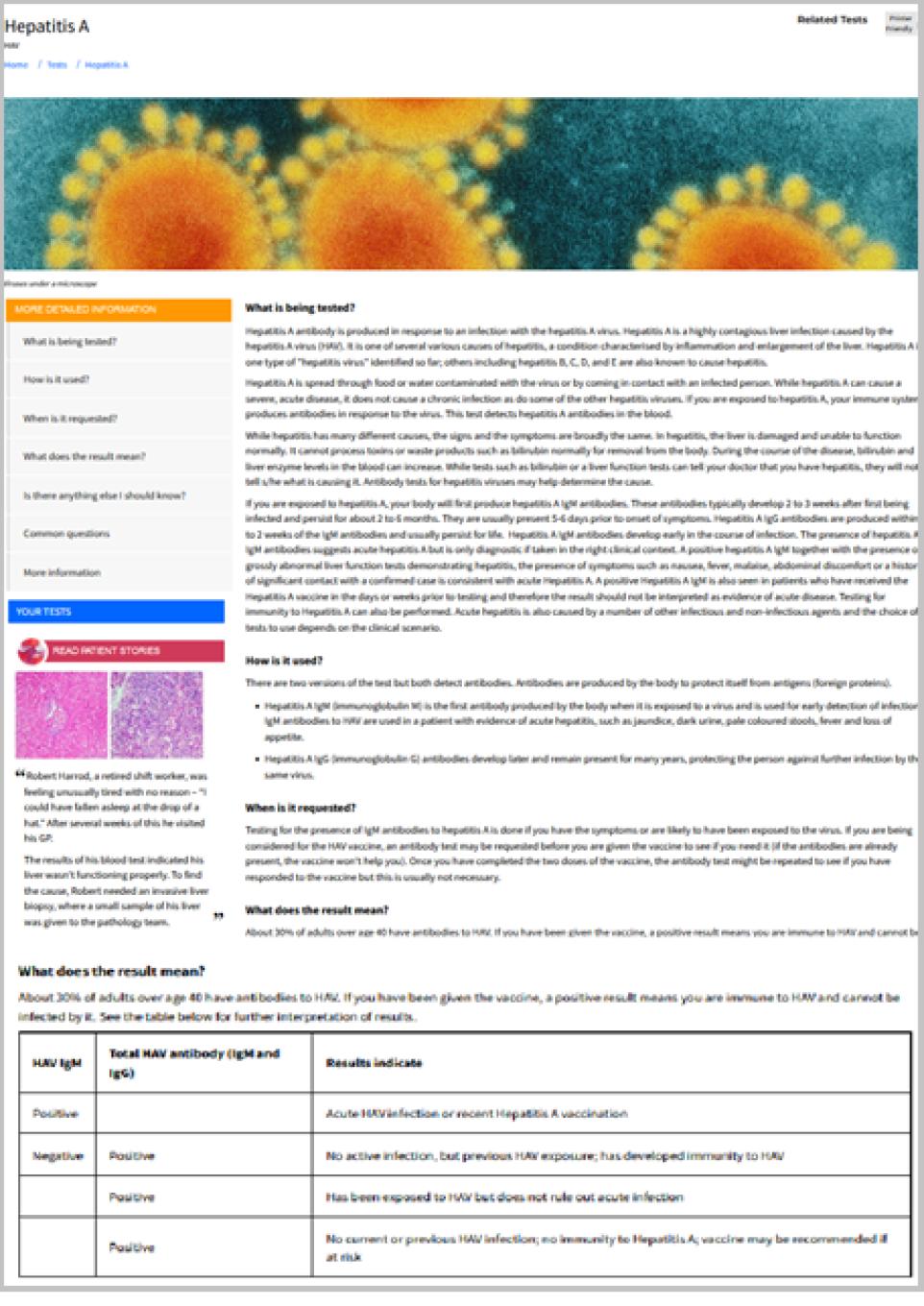
Hepatitis A tests explained
Pathology Tests Explained Ltd (PTEx), Sydney, 2023. 6p.
Explains what is being tested, when tests might be requested and what the results mean. Includes common questions about transmission, periods of contagion, and prevention/vaccination.
Self-reported sexual engagement among a sample of people who regularly use ecstasy and/or other illicit stimulants in Australia, 2023
National Drug & Alcohol Research Centre (NDARC), Sydney, 2024. 9p.
This report examines the demographic and drug use profile of groups with different patterns of sexual engagement – and examines whether different patterns of sexual engagement are associated with sexual and broader risk factors.
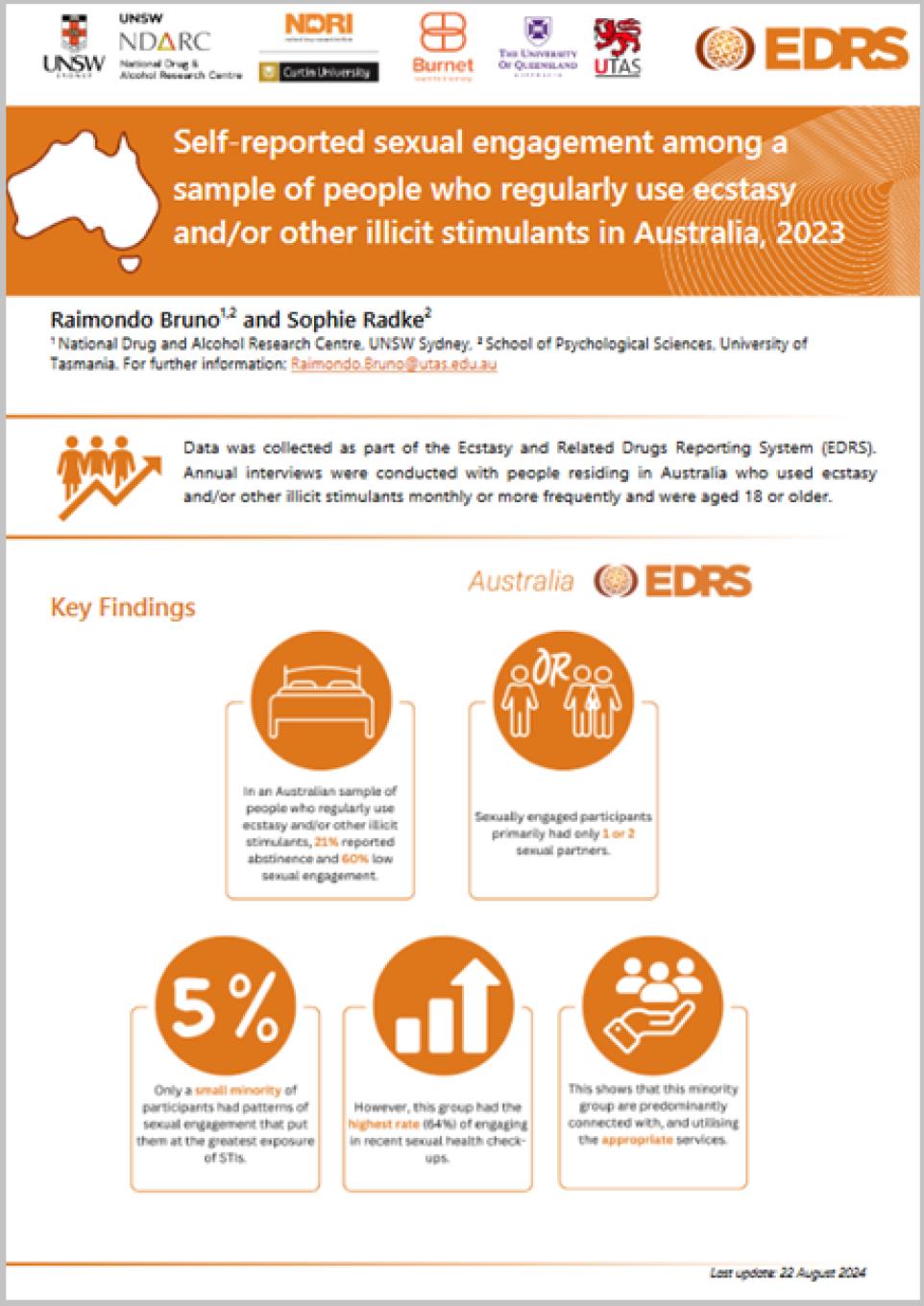
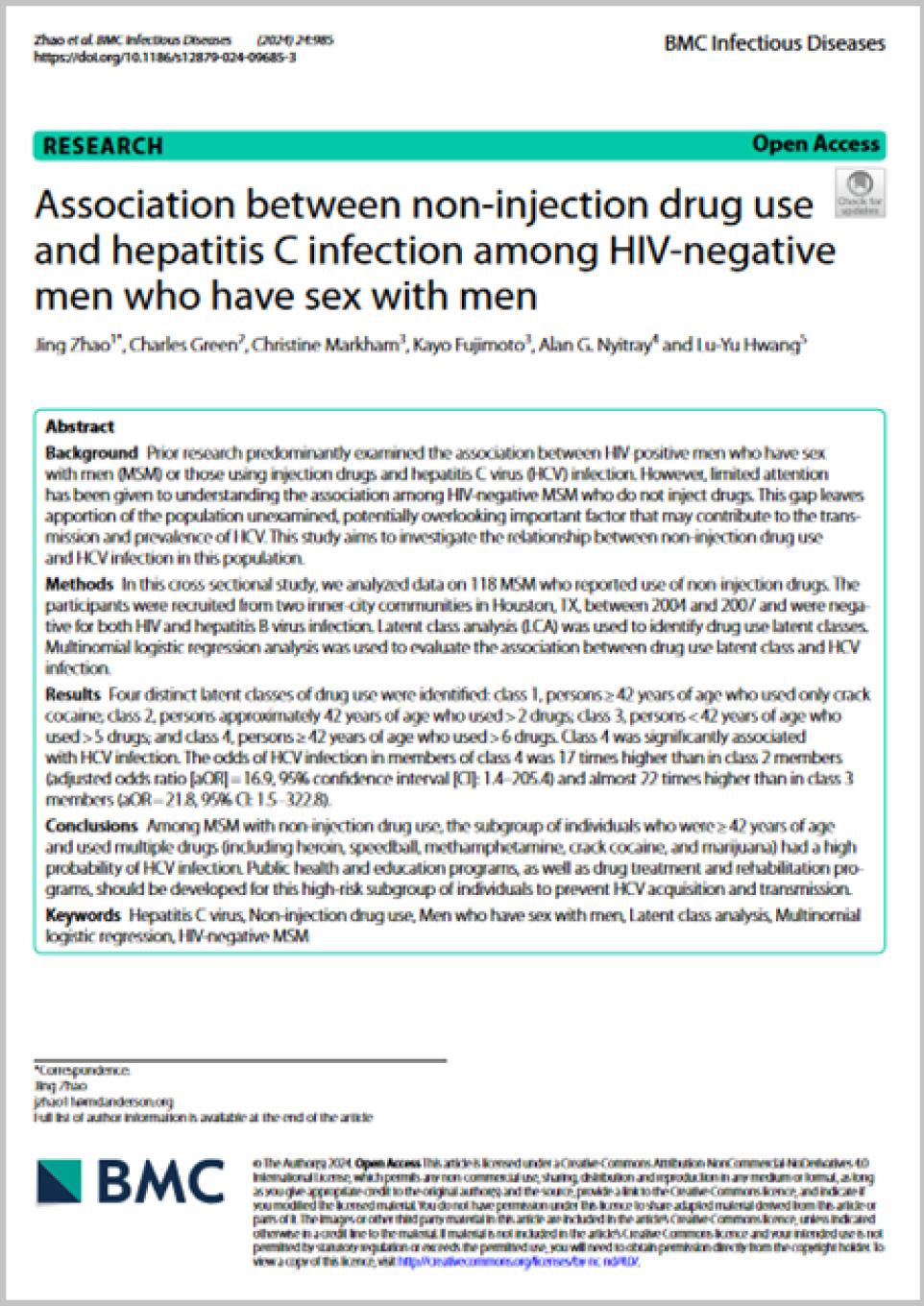
Association between non-injection drug use and hepatitis C infection among HIV-negative men who have sex with men
BMC Infectious Diseases (Via Springer Nature), London, 2024. 9p.
Results of this study indicate that health, education, drug treatment and rehabilitation programs, should all be developed for this high-risk subgroup of individuals to prevent HCV acquisition and transmission.
Migration: improved prospects for people living with hepatitis B
Hepatitis SA, Adelaide, 2024. 5p. article.
Changes to Australia’s migration laws have lowered the barriers to permanent residency for people living with hepatitis B. These changes come after years of lobbying by advocacy groups. Contains links to source articles and related videos.
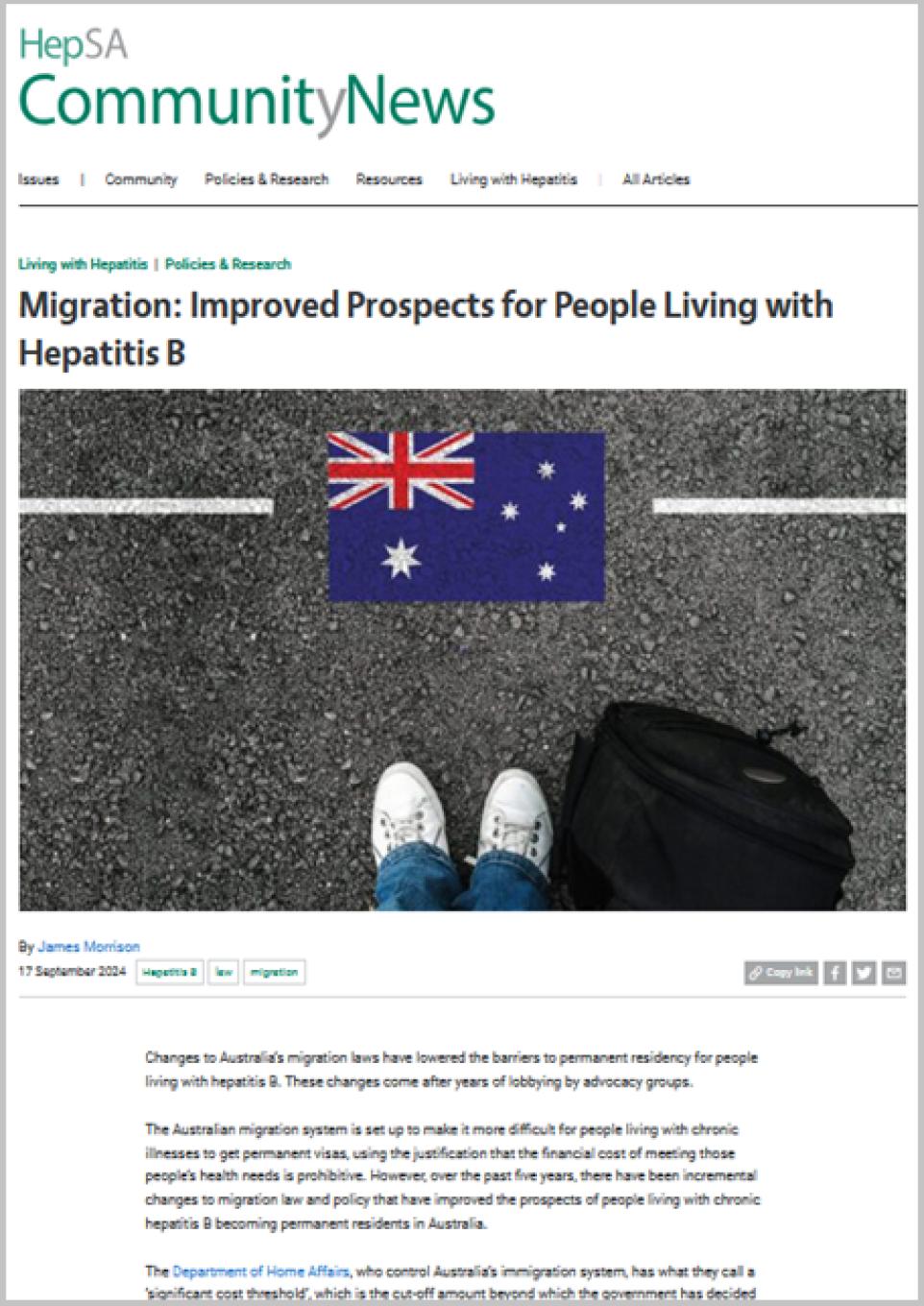
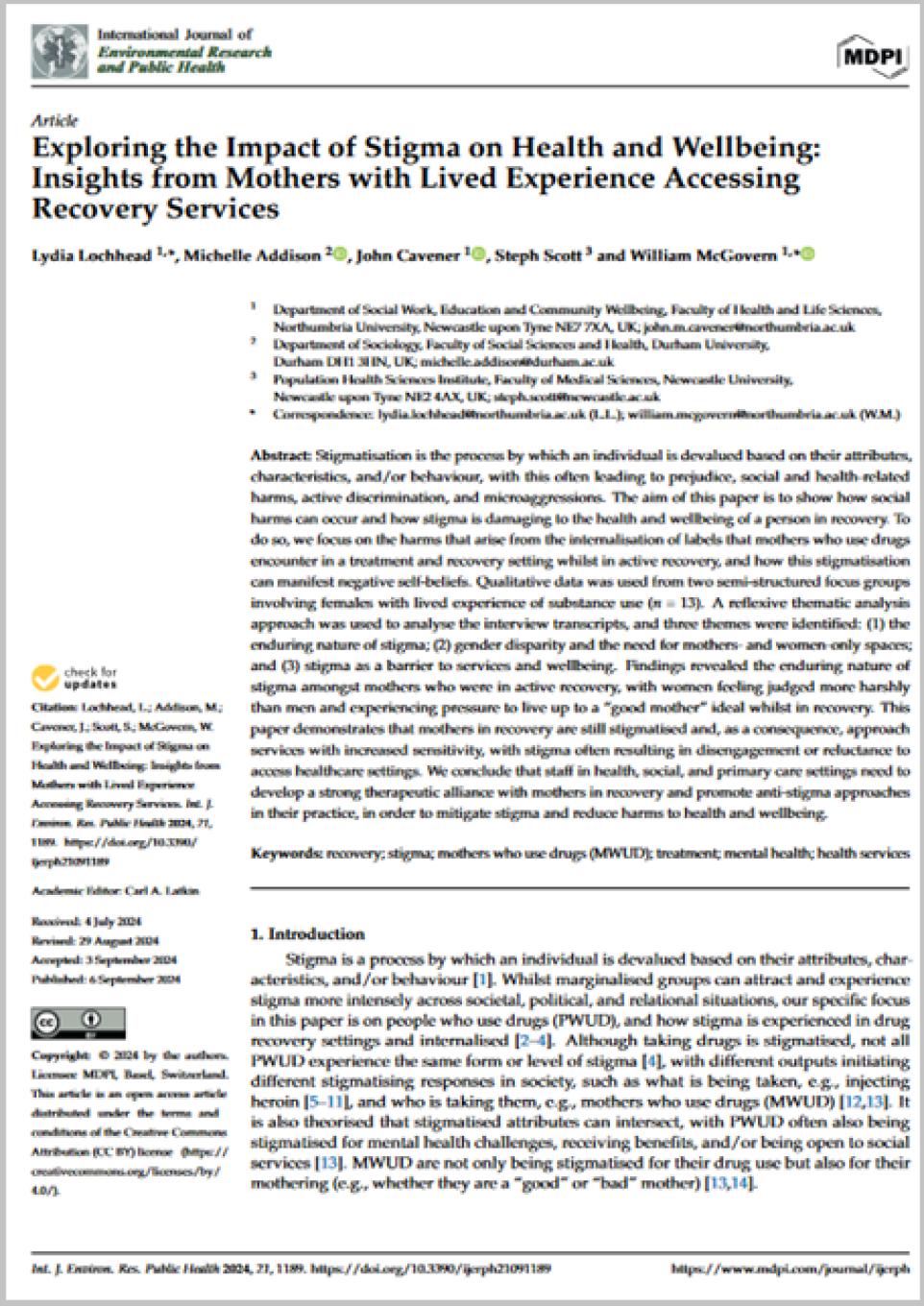
Exploring the impact of stigma on health and wellbeing: insights from mothers with lived experience accessing recovery services
Int. Jn. Of Environmental Research and Public Health (via MDPI), Basel. 2024. 12p.
This paper demonstrates that mothers in recovery are still stigmatised and, as a consequence, approach services with increased sensitivity, often resulting in disengagement or reluctance to access healthcare settings.
New research reveals Indigenous people “significantly less likely” to receive medical care recommended in National Hepatitis B Strategy
National Indigenous Times, Perth, 2024. 3p.
Research found that only 42% of peoples living with hep B remained engaged in medical care after diagnosis and 38% received guideline-recommended medical care. The only independent factor was their Indigenous status.
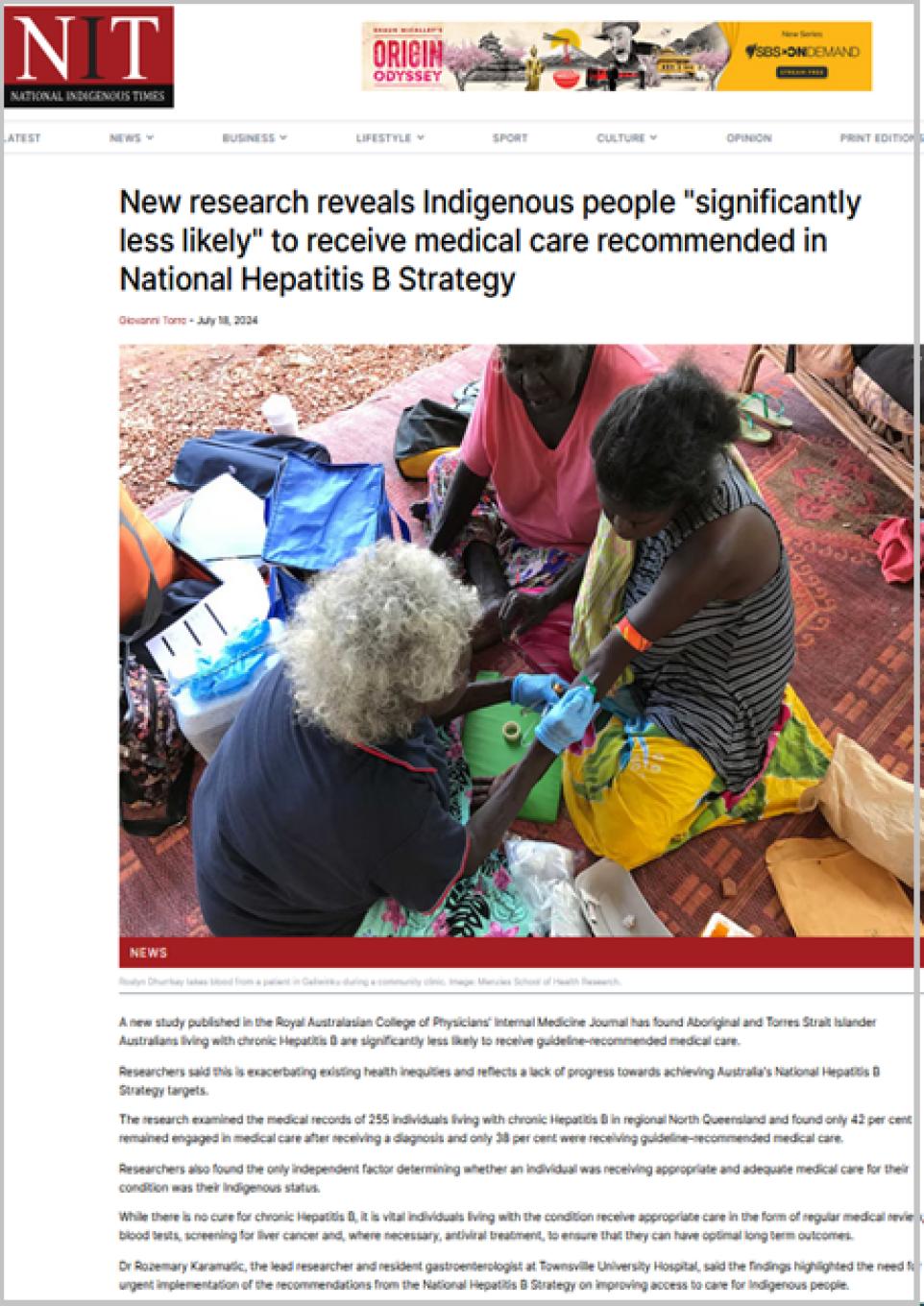
To view the full list of newly added titles with links – go to the library home page.
Last updated 19 March 2025
More from:
Enjoyed this article? Subscribe to be notified whenever we publish new stories.
Subscribe for Updates
